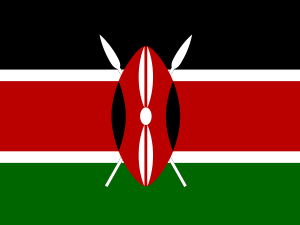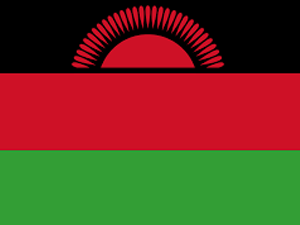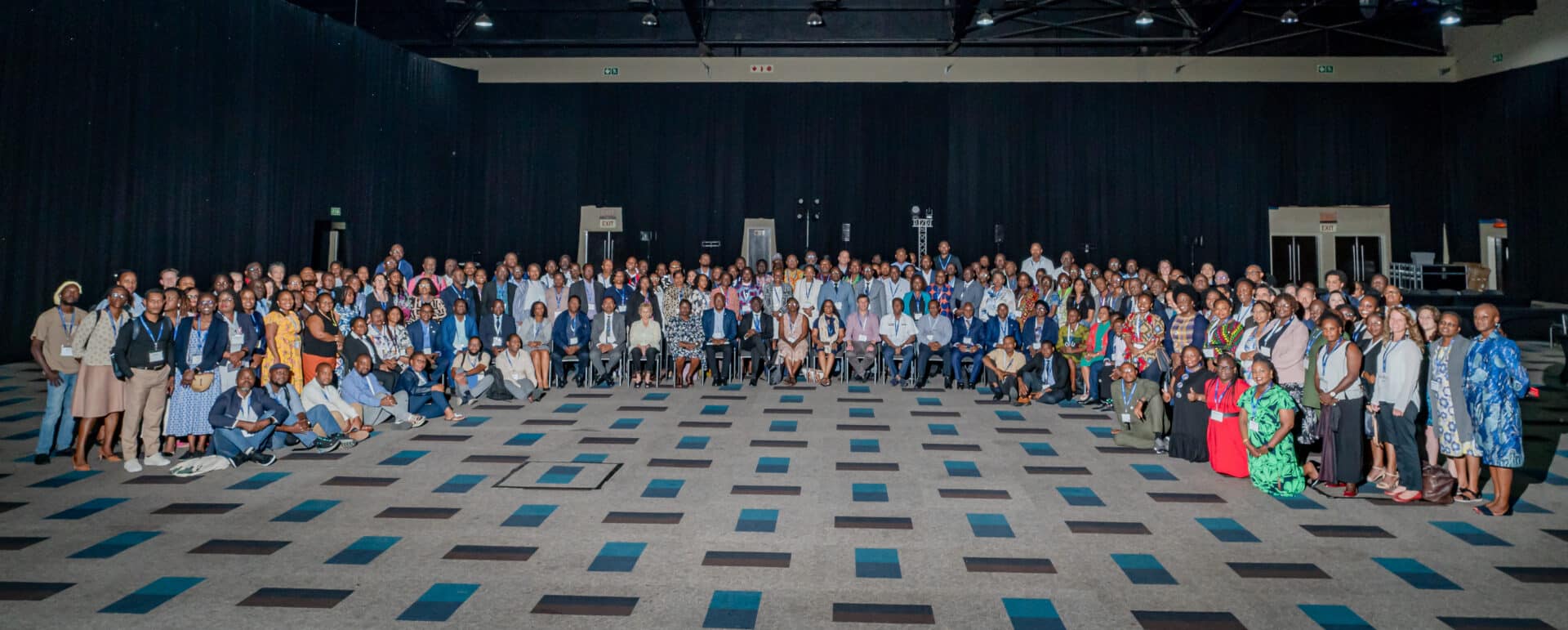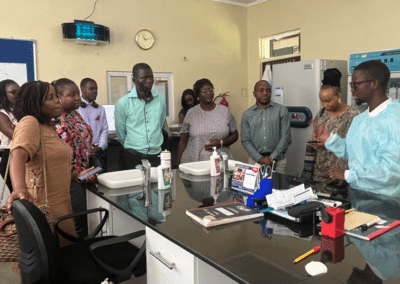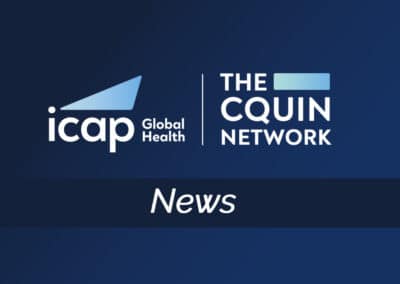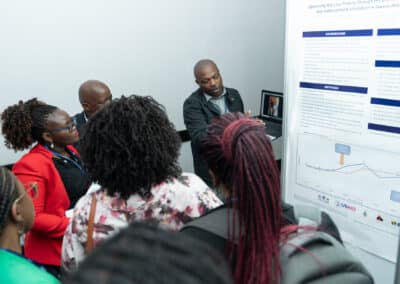From December 9-13, 2024, a diverse group of stakeholders gathered at the 8th annual CQUIN Network meeting in South Africa to focus on the urgent need to sustain the global HIV response through person-centered services. The event brought together representatives from ministries of health, networks of people living with HIV, donors, civil society, academic institutions, and implementing partners, all united by a common objective: Delivering impactful and sustainable person-centered Services.
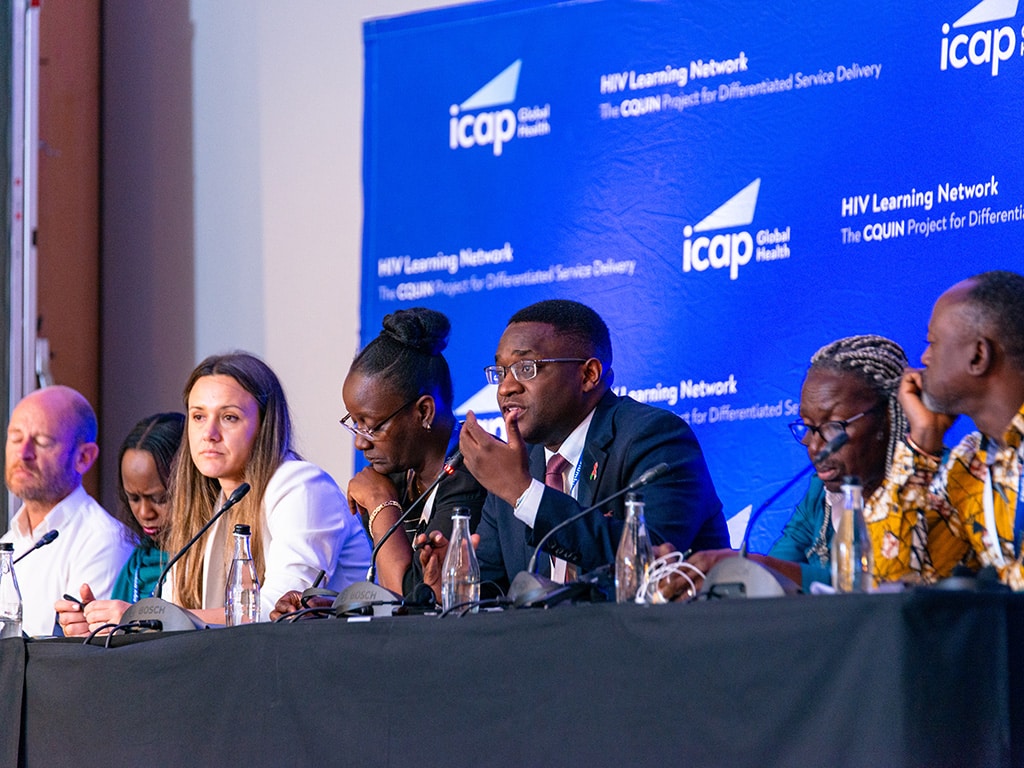
Panelists engage in a powerful exchange of ideas, sharing insights on the future of person-centered services, sustainability, and innovative approaches to advancing HIV care and treatment.
A central theme that emerged throughout the meeting was the importance of sustainability in delivering high-quality, person-centered care — with a focus on transitioning HIV programs to domestic leadership while maintaining quality and coverage. Dr. Wafaa El-Sadr, MD, MPH, MPA – ICAP global director, highlighted that, while progress has been made, gaps still exist. She emphasized the need for accelerated efforts, including expanding person-centered services, fostering innovation, and empowering community leadership.
Simplification, differentiation, and integration were identified as essential to sustainable HIV care, ensuring that services remain adaptable to different population needs. PEPFAR senior advisor for HIV Treatment and Clinical Integration, Ritu Pati, MD, MPH, echoed these sentiments. Financial sustainability remains a challenge, but innovative partnerships with development banks and the private sector offer promising solutions.
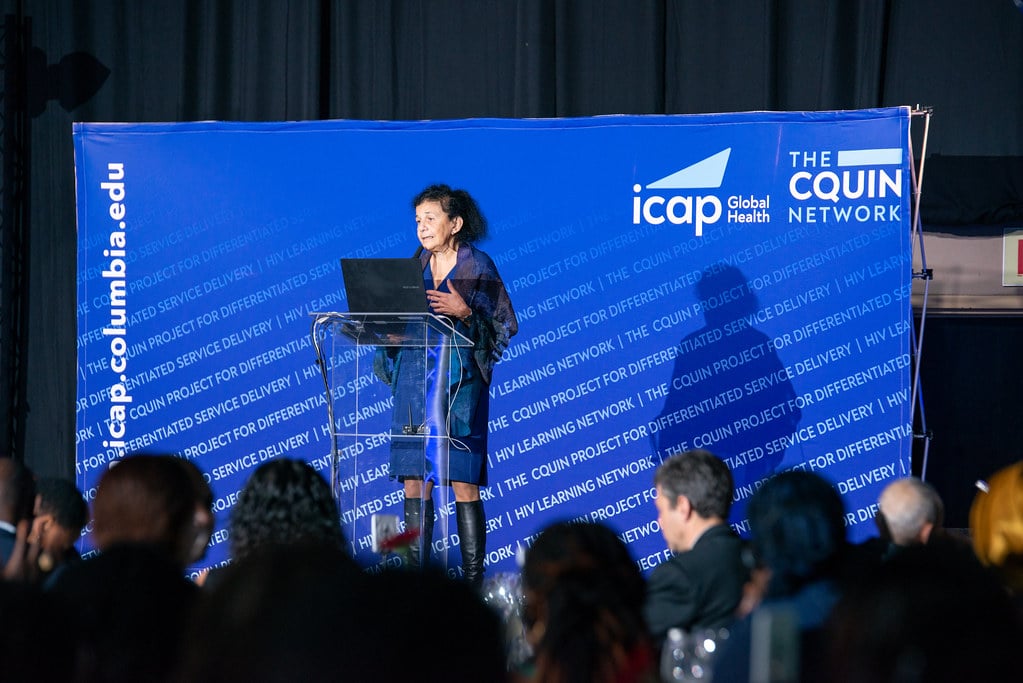
Dr. Wafaa El-Sadr, ICAP Global Director, delivering the keynote address during the opening dinner.
Peter Preko, MBChB, MPH – CQUIN project director & PI; Maureen Syowai, MBChB, MSc – CQUIN deputy director, Technical; and William Reidy, PhD, MPH, CQUIN deputy director for Strategic Information shared an insightful overview of CQUIN’s achievements in 2024, while also offering a glimpse into what the future holds for the network. There was significant progress in scaling up high-quality, person-centered HIV services across the 21 participating countries. The Capability Maturity Models (CMM) played a critical role in self-assessment, helping countries track their differentiated service delivery (DSD) programs over time and prioritize areas for improvement for 2025. Data-driven decision-making remains central, with country-to-country exchanges fostering innovation and strengthening health systems. The meeting also emphasized the importance of communities of practice, where stakeholders share best practices and co-create tools to enhance service delivery.
In addition to strategic discussions, the meeting also explored several practical topics, including service quality, integration, targeted outreach, and inclusivity. Breakout sessions and knowledge-sharing platforms allowed participants to dive deeper into these critical issues. These included communities of practice sessions, poster presentations, and a Tools Lab showcasing effective models for differentiated service delivery (DSD).
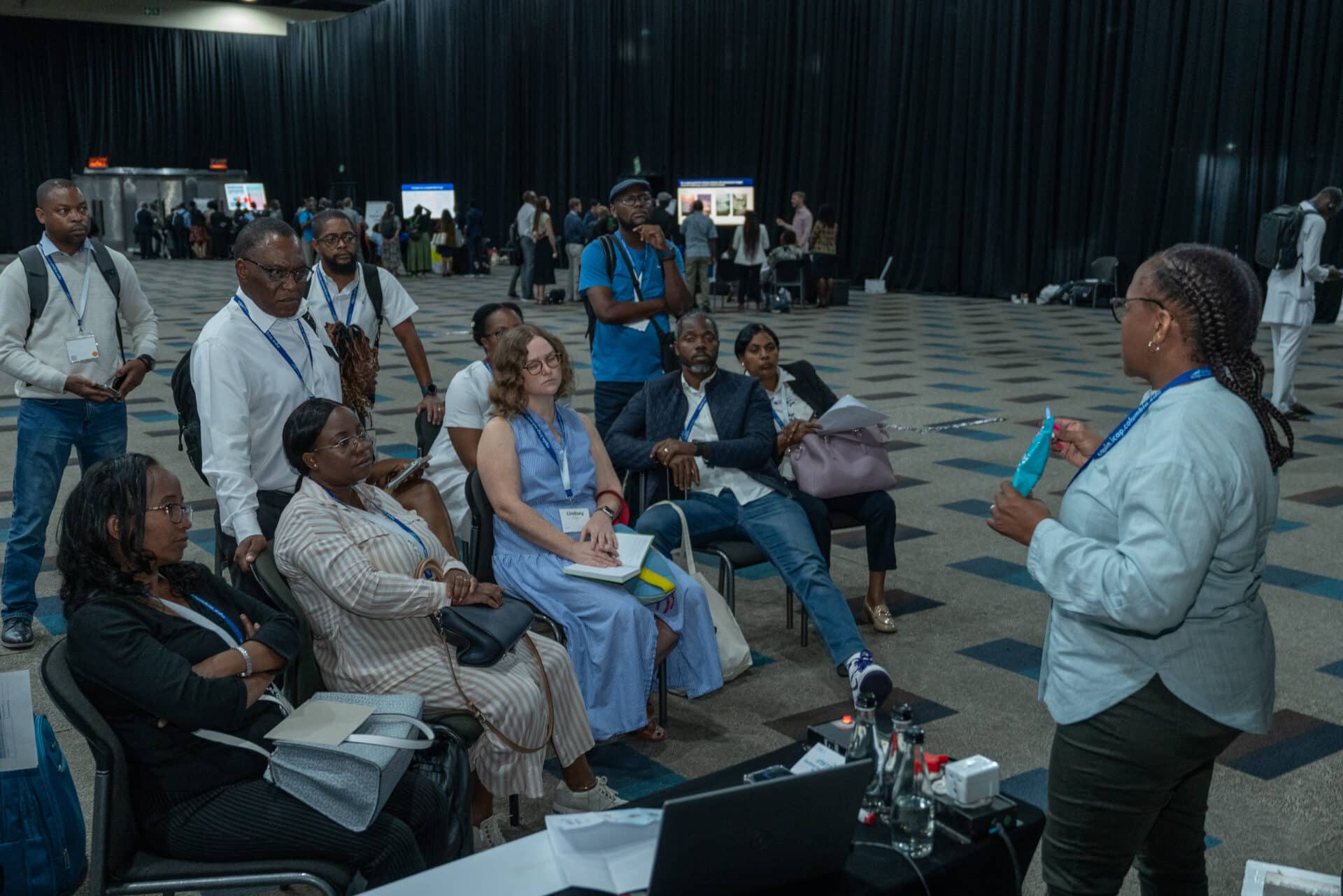
Participants engage in discussions during breakout sessions.
Additionally, countries engaged in multi-country discussions that tackled key challenges in integrating HIV services, reflecting on progress made, and exploring strategies to improve retention, reengagement, and cyclical care within HIV programming. Single-Country Action Planning sessions provided additional opportunities for countries to apply learnings and foster strategic thinking.
Looking ahead to 2025, the CQUIN network plans to expand person-centered service models, enhance service integration, and improve monitoring frameworks. Strengthening data collection and use will be a priority, ensuring that services meet quality standards and reach underserved populations. Addressing gender disparities, particularly in reaching men with HIV services, is another key focus. With strong commitments from governments, donors, and communities, the network aims to accelerate progress toward equitable and sustainable HIV care across the region.
With a clear path ahead, the CQUIN Network remains prepared to continue driving change and ensuring that HIV care remains accessible, inclusive, and sustainable for all.









